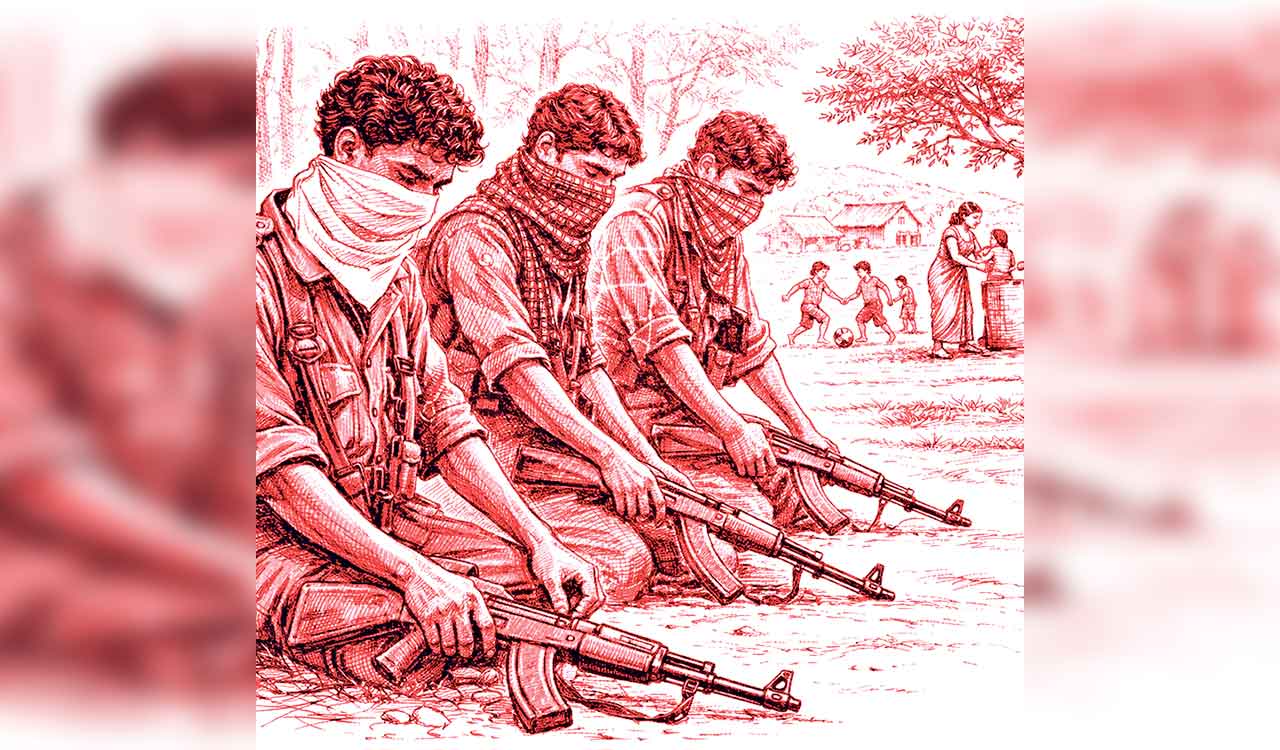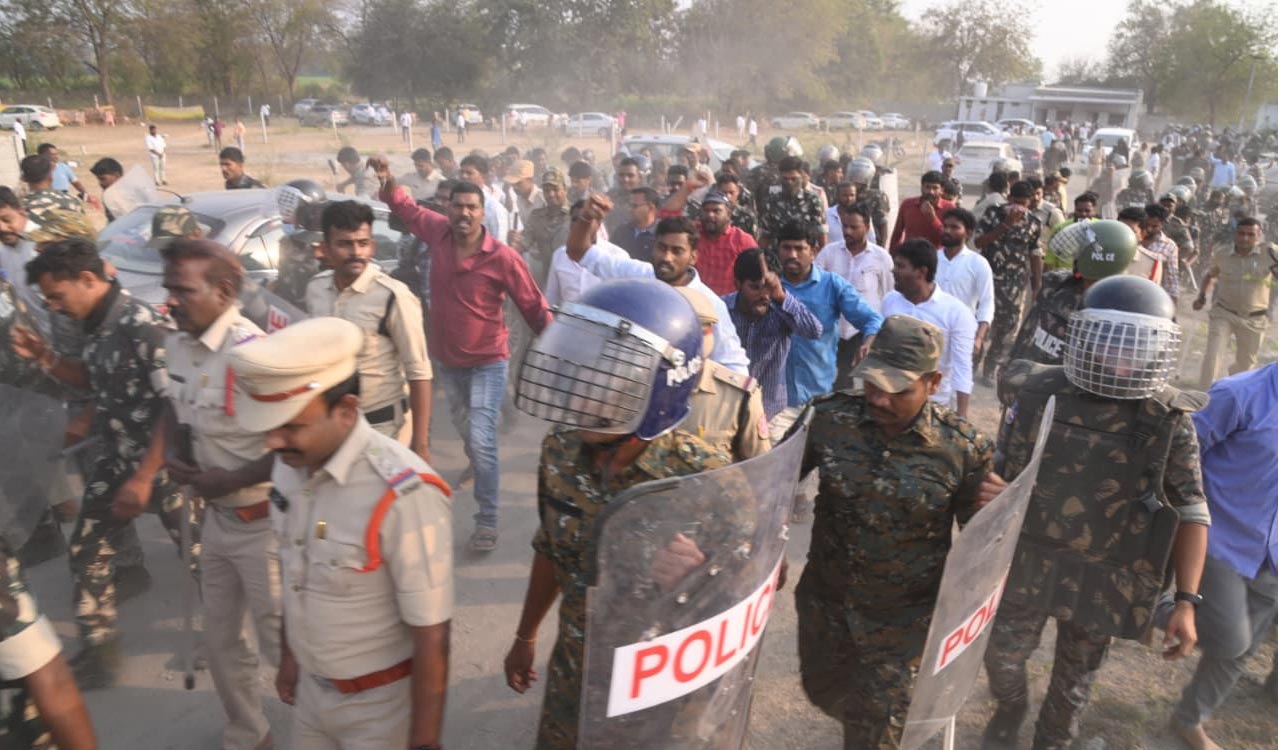Video: Meet Addverb Technology's Robot Dog That Works On Real-Time Data
Access Denied You don’t have permission to access “http://www.ndtv.com/india-news/video-meet-addverb-technologys-robot-dog-that-works-on-real-time-data-11055691” on this server. Reference #18.121cc517.1771439339.38645ca9 https://errors.edgesuite.net/18.121cc517.1771439339.38645ca9 Source link




